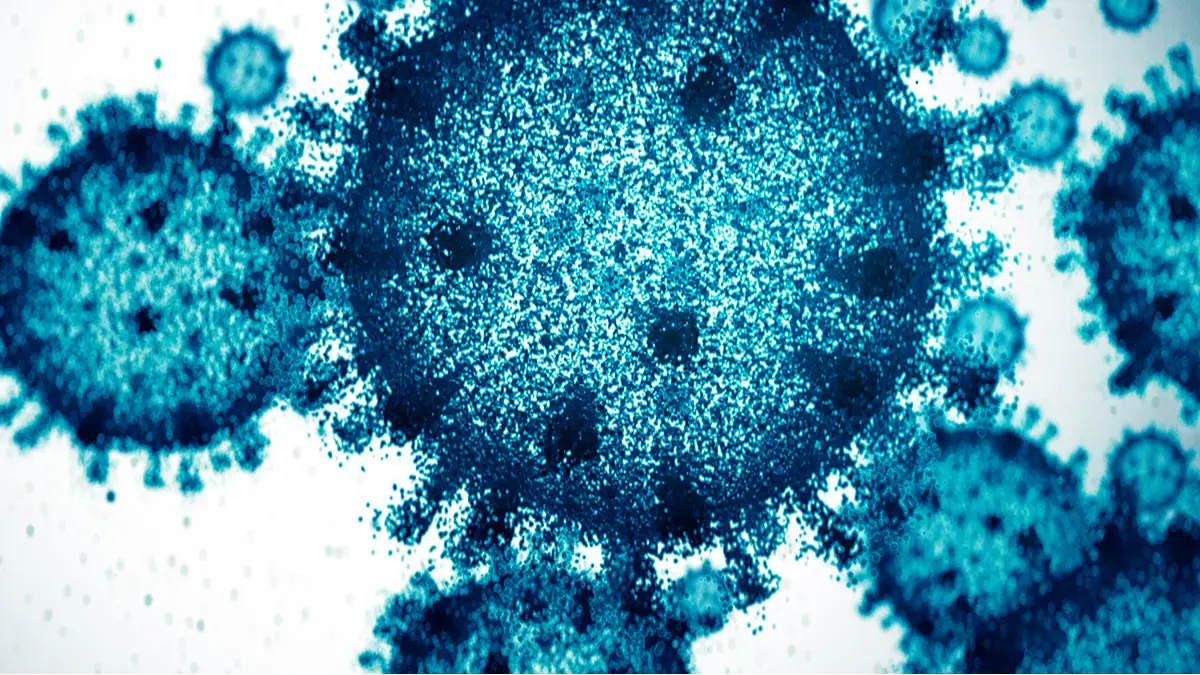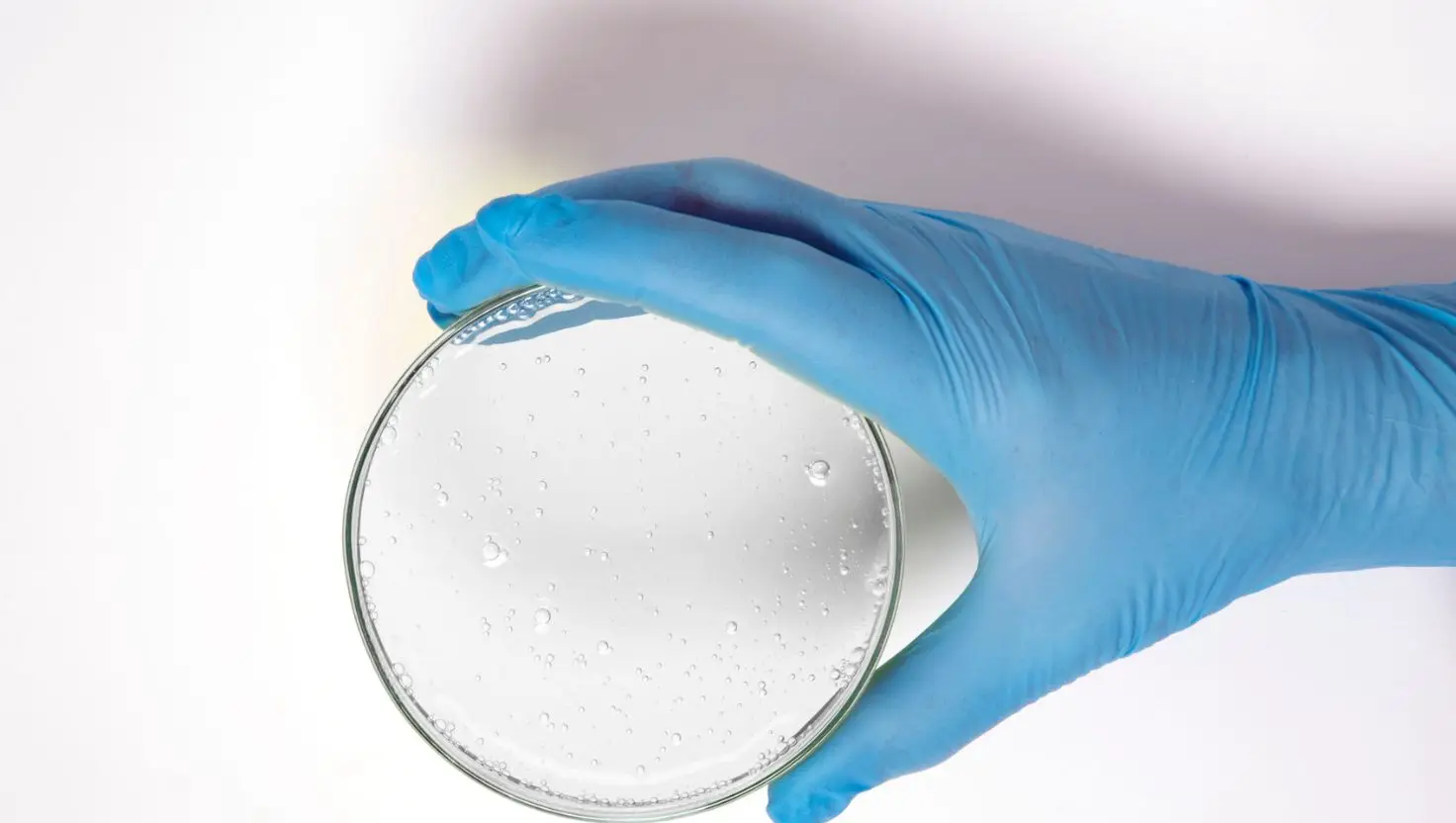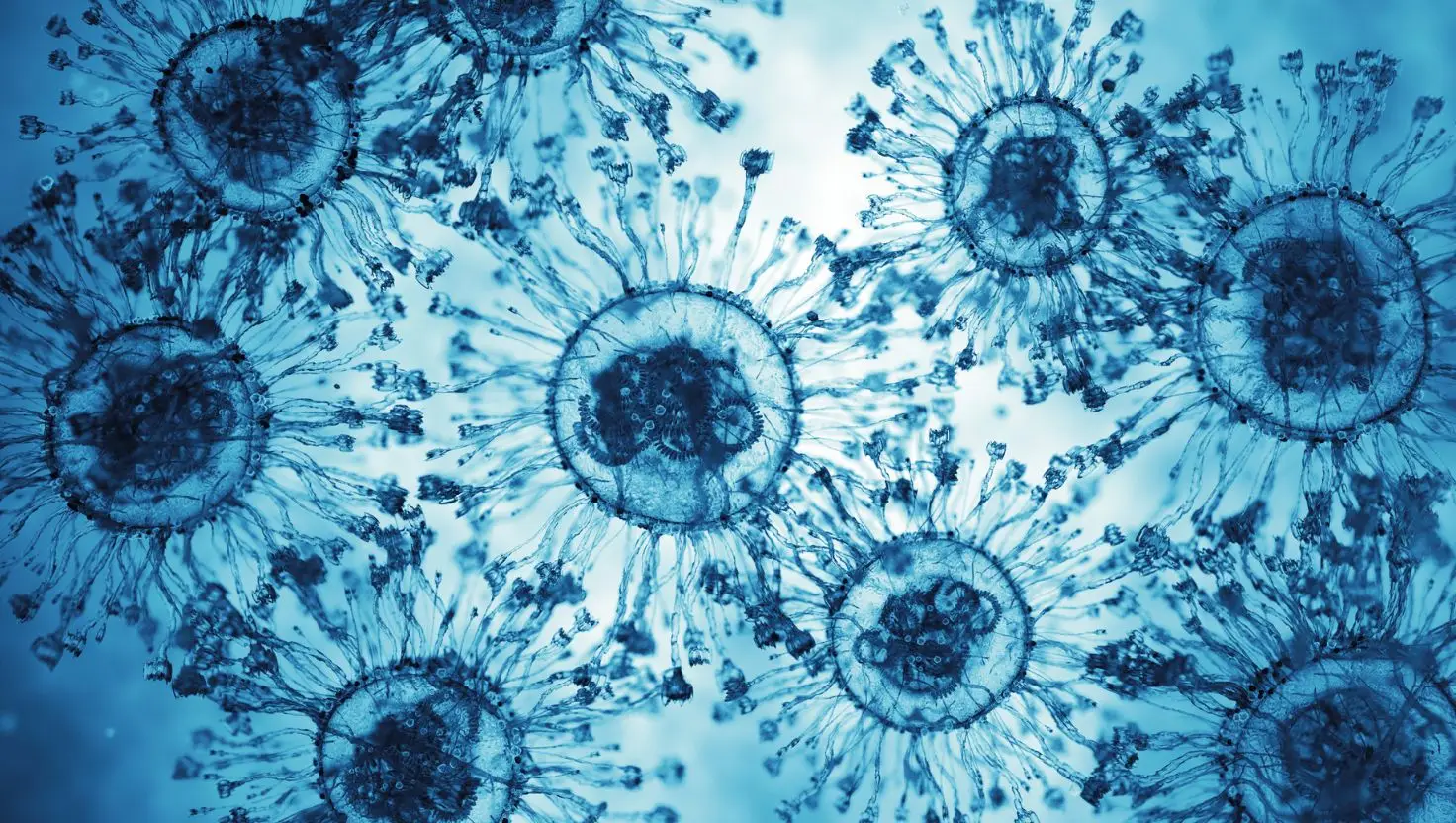
Topics: Science, World News
A microbe ‘challenging’ the distinction between cellular life and viruses has accidentally been discovered, and it could apparently ‘reshape our understanding of cellular evolution’.
Scientific understanding of viruses emerged in the 1890s, while researchers have been learning about cells in general since the 17th century.
However, despite so much time passing, experts are still discovering head-scratching entities that are stretching and changing everything we know about science today.
Recently, researchers from Dalhousie University accidentally uncovered the provisionally named microbe Sukunaarchaeum mirabile within the marine plankton Citharistes regius.
Advert
It’s understood that the discovery was made when the Canadian and Japanese teams found a loop of DNA in the specific plankton that didn’t match any species they knew about.
Eventually, it was determined that this loop belonged to the domain Archaea - microorganisms that ‘define the limits of life on earth’.
Much like bacteria, archaea are single-celled organisms lacking a membrane-bound nucleus that have been found in some of the most extreme environments on Earth, the Microbiology Society states.

After researching the tiny cell further, scientists have discovered Sukunaarchaeum - named after a Japanese deity of small stature - has a minuscule genome consisting of 238,000 base pairs.
This extreme genome reduction is actually half the size of the smallest previously known archaeal genome, which was 490 kbp.
According to research published in the general-purpose open repository Zenodo and the bioRxiv server, this new discovery’s genome is "profoundly stripped‑down, lacking virtually all recognizable metabolic pathways, and primarily encoding the machinery for its replicative core: DNA replication, transcription, and translation.

"This suggests an unprecedented level of metabolic dependence on a host, a condition that challenges the functional distinctions between minimal cellular life and viruses.”
This little cellular oddity carries traits of both a virus and a living cell but relies heavily on its host for life.
And, unlike a virus, it has required genes capable of building its own ribosomes and messenger RNA, wrote Men’s Journal.
These are the ‘basic building blocks enabling organisms to translate genetic code into protein', which the publication states viruses cannot do on their own.
However, like a virus, it does offload some biological functions onto its host, relies on the host to carry out tasks, and is dedicated to replicating itself, Metro reported.
Sukunaarchaeum’s discovery apparently ‘pushes the conventional boundaries of cellular life and highlights the vast unexplored biological novelty within microbial interactions,’ according to the team, led by molecular biologist Ryo Harada.
They plan to further explore symbiotic systems to see whether more ‘extraordinary life forms may appear’, which could reshape our understanding of cellular evolution.